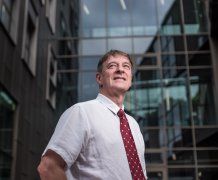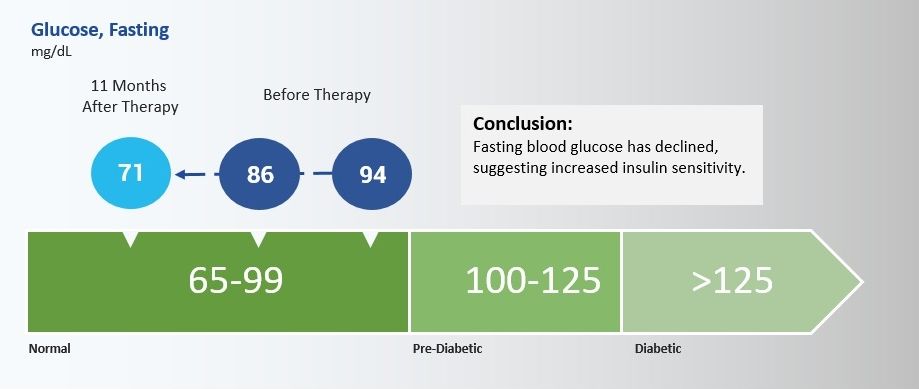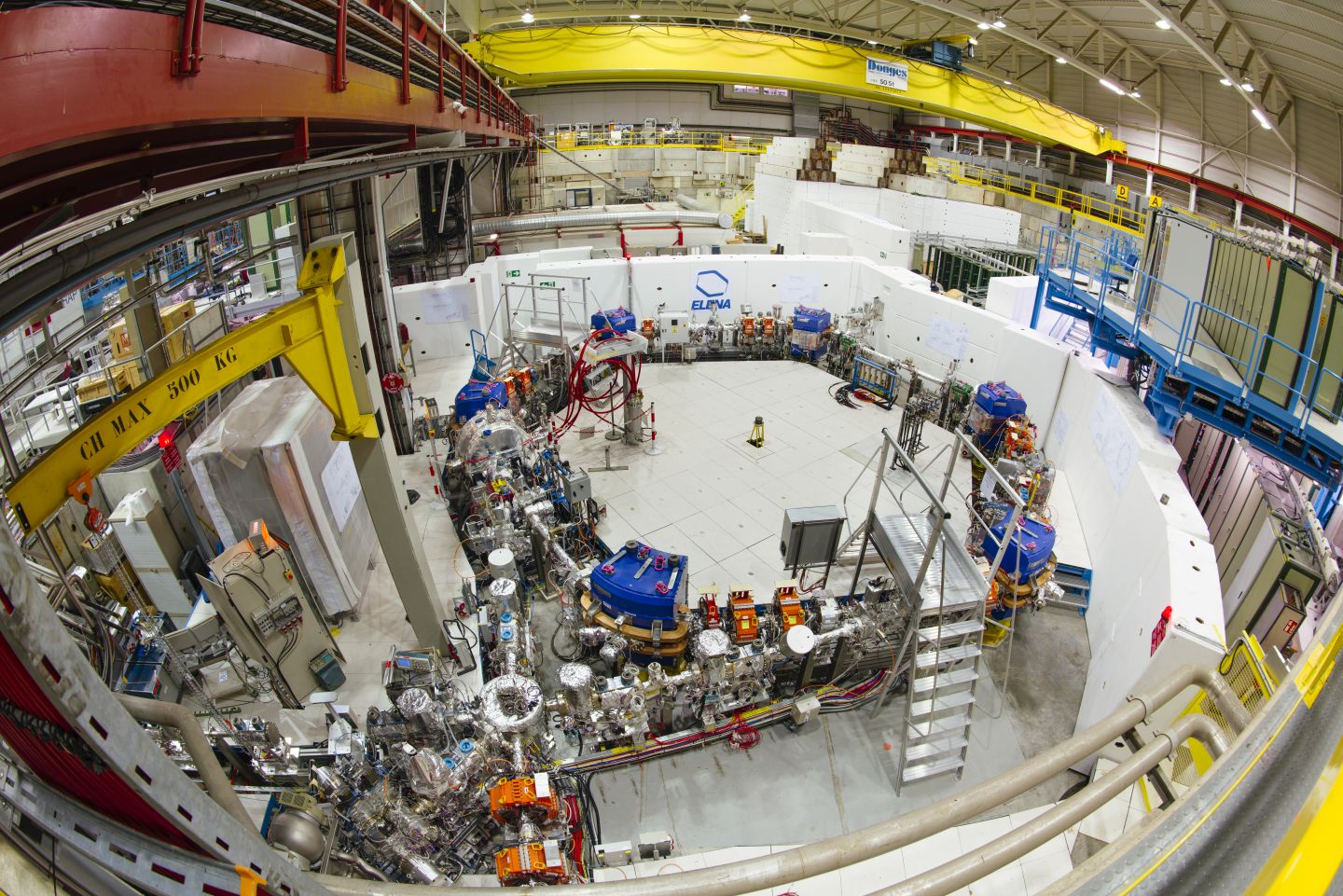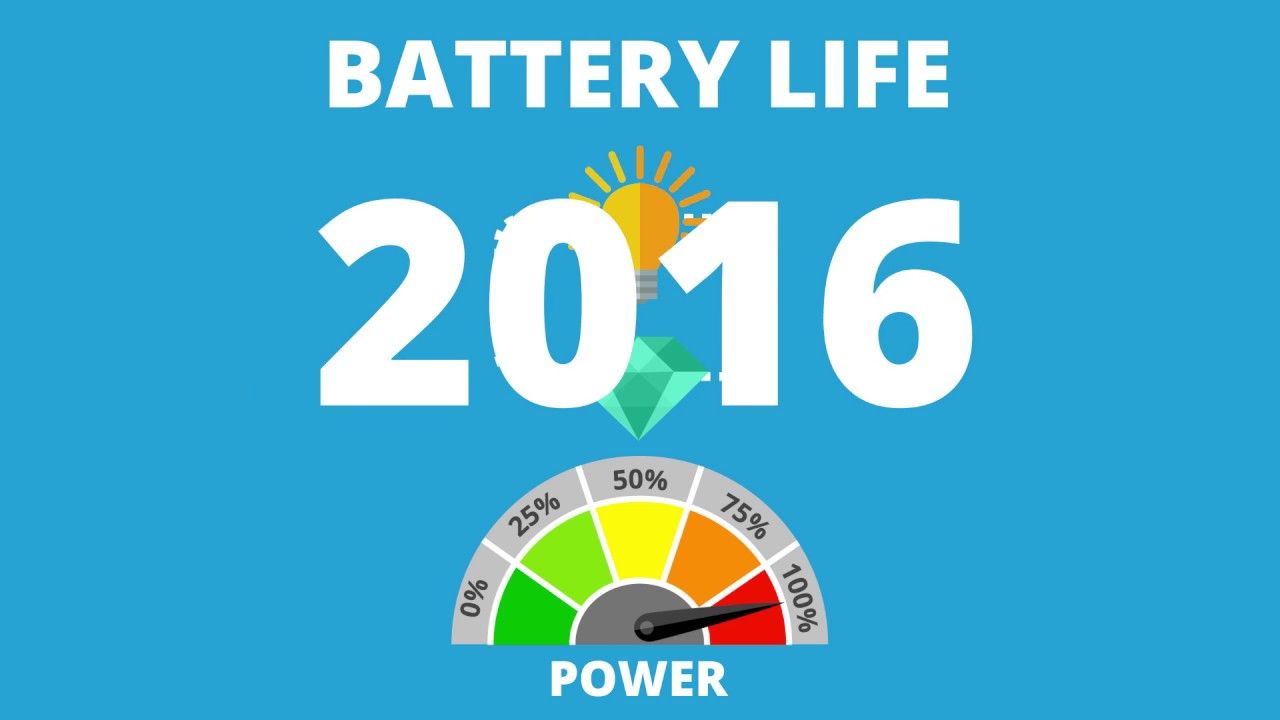
The pioneering and world-leading research conducted at the University of Exeter’s state-of-the-art Living Systems Institute (LSI) will form the basis of the latest high-profile Global Conversation event.
The iconic new research facility, located on the University’s Streatham Campus, will host 100 specially-invited guests at the prominent event, held on Monday, 28 November.
The event, the first Global Conversation to be held on campus, gives the distinguished guests an exclusive opportunity to preview the new £52 million LSI facility, which brings together world-leading scientists and researchers from diverse discipline backgrounds.
Read more








